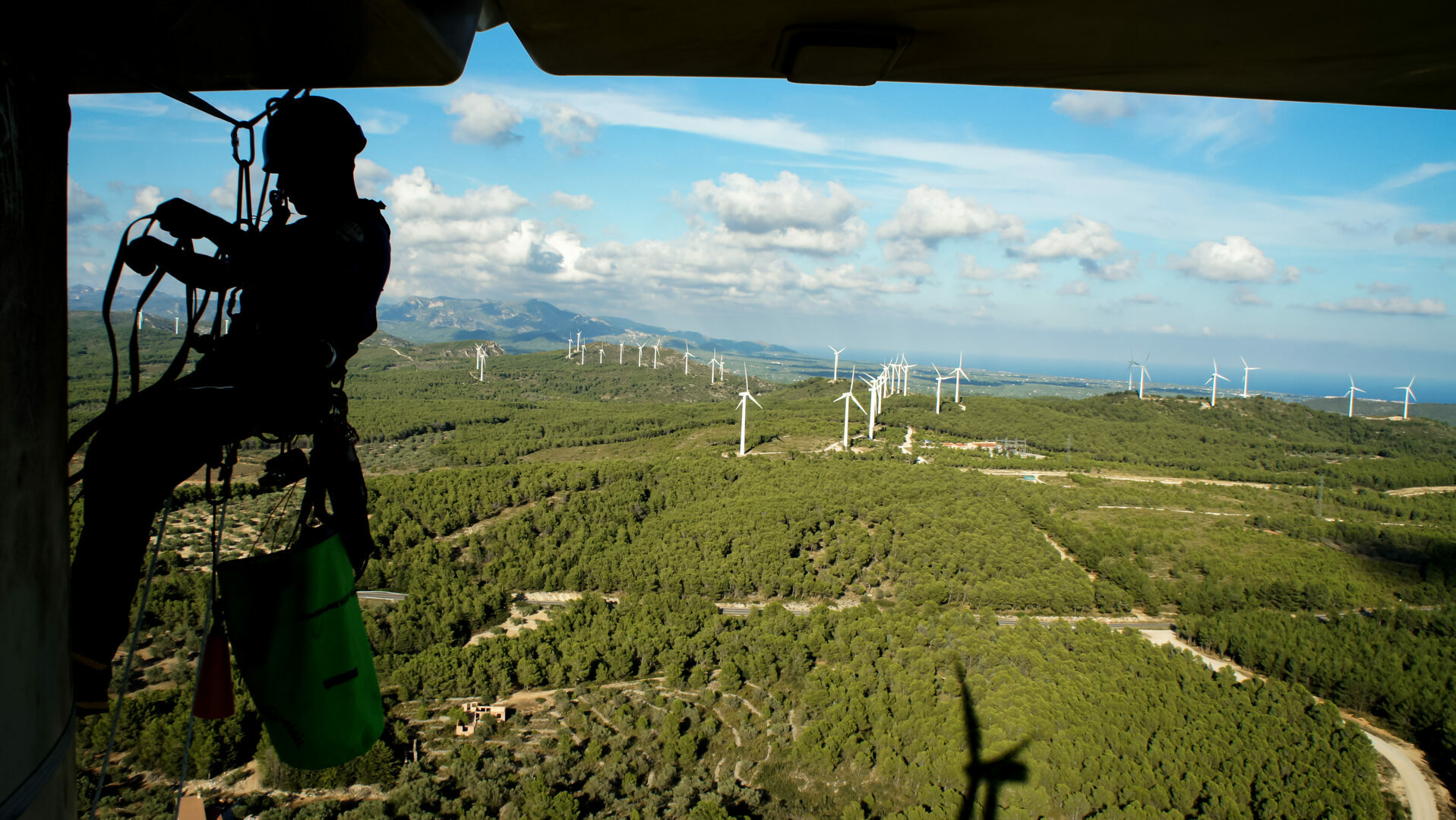REPowerEU
To strengthen economic resilience and end dependence on Russia’s fossil fuel industry by 2030, the European Commission launched the REPowerEU plan. Current circumstances clearly demonstrate the challenges of decarbonising the economy, and underline the importance of a broader energy mix that includes alternative energy sources. European economies are reminded that reliance on a limited number of suppliers is a source of risk.
To meet today’s challenges, companies have to find ways to produce more durable goods in a more efficient manner. Additionally, consumers and producers should be assisted in their efforts to reduce energy consumption. Despite this, governments are now focusing on energy security concerns, which could slow down the energy transition in the short term. However, in the medium to long term, the war in Ukraine will accelerate the transition to clean energy and boost countries’ efforts to become less dependent on oil and gas.

Reducing dependence requires large investments. These are essential to accelerate electrification, increase production capacity of low-carbon and renewable energy sources, and promote the circular economy by supporting recycling. Rising oil and natural gas prices are rapidly increasing the cost efficiency of investments in non-fossil energy sources. Furthermore, domestically produced clean energy provides flexibility and security, reducing energy cost volatility and energy supply disruption. Governments have a role to play in creating a favourable environment for private capital to accelerate this transition.
Gijs Hofland, Relationship Manager at BNP Paribas CIB: “Public investments alone will not be enough; ideally, policies should be structured in such a way as to incentivize private capital to make low-carbon investments and mitigate project risk. In addition, instruments should be made available to boost the financing of sustainable technologies, such as the decision of the European Central Bank to include climate change in its monetary policy.
On July 4th, 2022, it announced its intention to make its EUR 344 billion corporate bond portfolio green. This is an important step, as the bond market currently is strongly focused on emission-intensive companies. This new benchmark explicitly targets the financing of less emission-intensive companies and green technology. An example of this is the successful placement of EUR 3.85 billion in green bonds in May 2022 by BNP Paribas Nederland for grid operator TenneT. The proceeds have been invested in projects that connect offshore wind farms to the high-voltage network and the expansion of the high-voltage network, aiming to increase the transportation capacity for sustainable energy”.

READY FOR MORE INSPIRATION?
Interested to read more from our insights series on how to accelerate sustainable transitions? We have a few suggestions you may like as well: